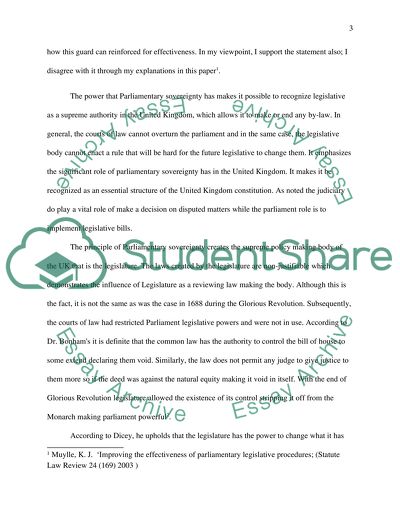Cite this document
(“Parliamentary sovereignty Coursework Example | Topics and Well Written Essays - 1750 words”, n.d.)
Retrieved from https://studentshare.org/law/1694490-parliamentary-sovereignty
Retrieved from https://studentshare.org/law/1694490-parliamentary-sovereignty
(Parliamentary Sovereignty Coursework Example | Topics and Well Written Essays - 1750 Words)
https://studentshare.org/law/1694490-parliamentary-sovereignty.
https://studentshare.org/law/1694490-parliamentary-sovereignty.
“Parliamentary Sovereignty Coursework Example | Topics and Well Written Essays - 1750 Words”, n.d. https://studentshare.org/law/1694490-parliamentary-sovereignty.


